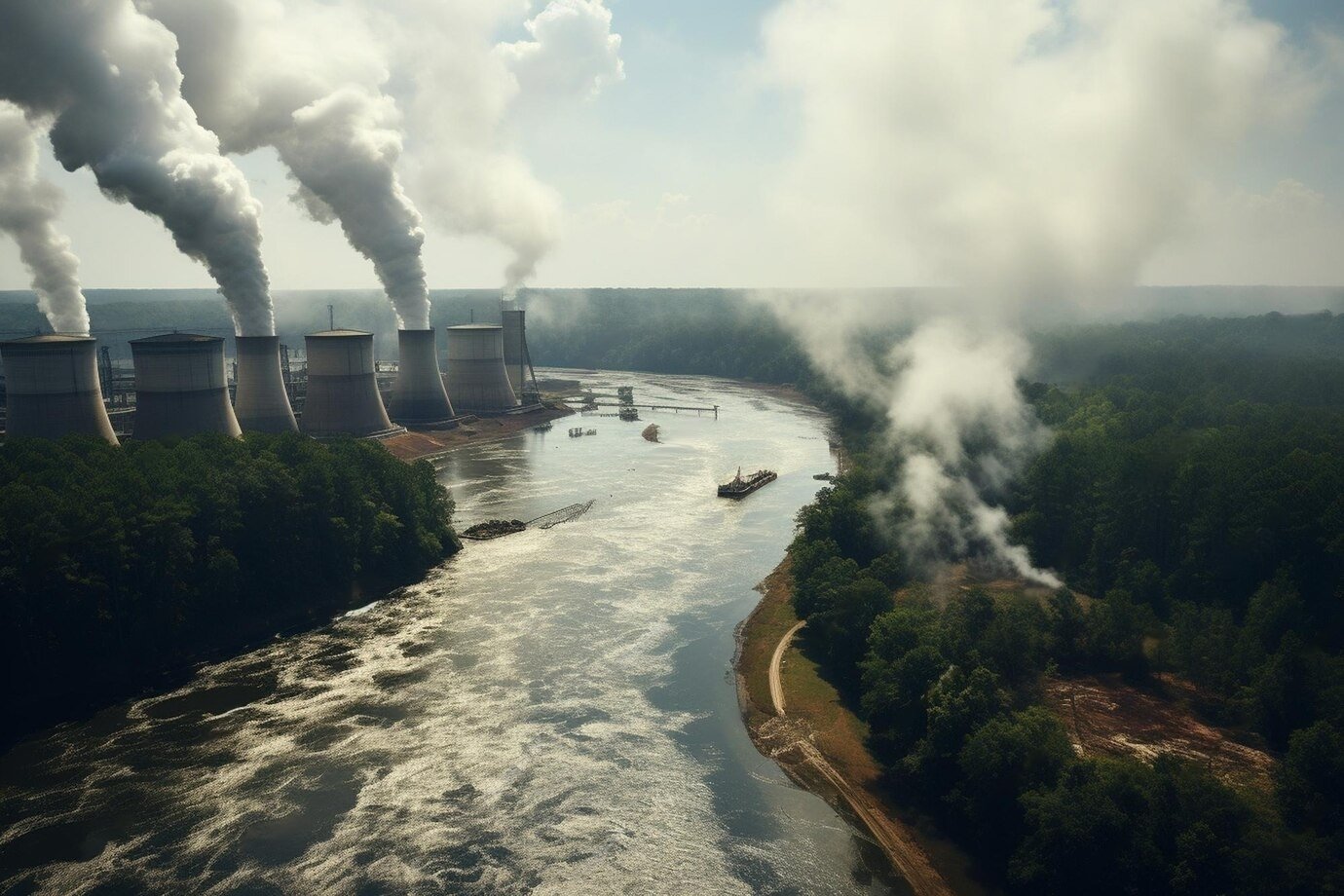Obtaining a Pollution Control Board Approval in Chennai is essential for businesses looking to establish or expand their operations while ensuring compliance with environmental laws. However, securing this approval can be a challenging process, and many applications are rejected due to a variety of reasons. Understanding the common pitfalls can help applicants navigate the process effectively and increase their chances of approval. In this article, we discuss the top reasons for rejection of Pollution Control Board Approvals in Chennai and provide insights into how to address them.
1. Incomplete Documentation
One of the most frequent reasons for rejection is incomplete or incorrect documentation. The Tamil Nadu Pollution Control Board (TNPCB) requires businesses to submit a comprehensive set of documents, including:
- Land ownership or lease agreements
- Site layout plans
- Details of manufacturing processes
- Consent application forms
Failure to provide all required documents, or errors in submitted materials, can lead to delays or outright rejection.
Tip: Double-check all required documents against the TNPCB checklist before submission. Engage with a consultant if needed to ensure accuracy.
2. Non-Compliance with Zoning Regulations
Chennai has specific zoning regulations that dictate where industrial units can operate. Establishing a business in a non-industrial zone or in areas earmarked for residential or agricultural purposes is a common reason for rejection.
Tip: Verify the zoning classification of your chosen location through local authorities or the TNPCB before purchasing or leasing land.
3. Absence of an Environmental Management Plan (EMP)
An Environmental Management Plan is crucial for demonstrating how the business will mitigate environmental impacts. Applications lacking a clear EMP often fail to gain approval.
Tip: Include a detailed EMP that addresses waste management, emission control, water usage, and energy efficiency.
4. Lack of Adequate Pollution Control Measures
Many applications are rejected because businesses fail to propose or implement adequate pollution control measures. These measures should align with the type and scale of operations and include:
- Air pollution control devices (e.g., scrubbers or filters)
- Effluent treatment plants for wastewater
- Proper solid and hazardous waste management systems
Tip: Invest in advanced and proven pollution control technologies. Consult an environmental engineer to design systems that meet TNPCB standards.
5. Incorrect Categorization of Industry
Industries are categorized into Red, Orange, Green, and White based on their pollution potential. Misclassifying your industry can result in rejection or additional scrutiny.
Tip: Understand your industry’s correct category and ensure your application reflects it. The TNPCB website provides guidelines for classification.
6. Ignoring Public Consultation Requirements
For certain large-scale projects, a public consultation process may be mandated. Failing to address public concerns raised during this process can lead to approval delays or rejection.
Tip: Engage with the local community early and address their concerns transparently in your environmental impact report.
7. Violation of Existing Environmental Laws
If your business has a history of non-compliance with environmental laws, it could significantly affect your approval process.
Tip: Regularly audit your operations for compliance and address any past violations before applying.
8. Inadequate Site Selection and Analysis
Site selection is a critical factor in obtaining approval. Proposals that fail to assess environmental sensitivity, such as proximity to water bodies, forests, or residential areas, are often rejected.
Tip: Conduct a thorough site analysis and include a detailed report with your application.
9. Lack of Awareness of Procedural Requirements
Many applicants are unfamiliar with the procedural nuances of the TNPCB approval process. Missing deadlines, submitting applications in incorrect formats, or skipping mandatory steps can lead to rejection.
Tip: Familiarize yourself with the TNPCB’s procedures or hire a consultant to guide you through the process.
10. Non-Adherence to State and National Environmental Guidelines
In some cases, applicants fail to align their proposals with state and national environmental regulations, such as those under the Air (Prevention and Control of Pollution) Act, 1981, or the Water (Prevention and Control of Pollution) Act, 1974.
Tip: Review the applicable laws thoroughly and ensure your application complies with them.
How to Improve Your Chances of Approval
- Seek Expert Advice: Environmental consultants can provide invaluable guidance throughout the process.
- Engage with TNPCB Early: Build a good relationship with the authorities by seeking clarifications and guidance during the pre-application stage.
- Prepare a Robust Application: Ensure your application is well-researched, complete, and aligns with TNPCB standards.
- Monitor Policy Changes: Stay updated on regulatory changes that may affect your application process.
Conclusion
Securing a Pollution Control Board Approval in Chennai requires meticulous planning, detailed documentation, and adherence to regulatory requirements. By understanding the common reasons for rejection and addressing them proactively, businesses can streamline the approval process and contribute to sustainable industrial growth.
Remember, obtaining TNPCB approval is not just a regulatory necessity but also a commitment to preserving Chennai’s environment for future generations.

